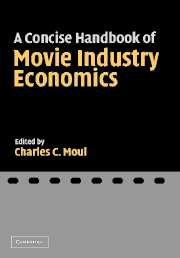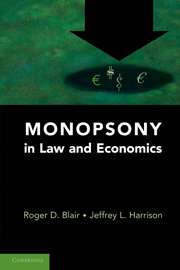The Economics of Franchising
This book describes in much detail both how and why franchising works. It also analyses the economic tensions that contribute to conflict in the franchisor-frnachisee relationship. The treatment includes a great deal of empirical evidence on franchising, its importance in various segments of the economy, the terms of franchise contracts, and what we know about how all these have evolved over time, especially in the U.S. market. A good many myths are dispelled in the process. The economic analysis of the franchisor-franchisee relationship begins with the observation that for franchisors, franchising is a contractual alternative to vertical integration. Subsequently, the tensions that arise between a franchisor and its franchisees, who in fact are owners of independent businesses, are examined in turn. In particular the authors discuss issues related to product quality control, tying arrangements, pricing, location and territories, advertising, and termination and renewals.
- Authors are two of the U.S.'s leading scholars on the business, economics and law of franchising
- Designed for MBA students and talented final-year undergraduates, uses very little math
- Fills major gap in academic literature; there has been no other study like this for over a decade
Reviews & endorsements
"In The Economics of Franchising, Blair and Lafontaine have provided an exceptionally comprehensive and cogent treatment of franchise law and economics. They have made complex economic analysis accessible and at the same time have revealed the hidden complexity behind some of the naive misconceptions associated with franchising. But what I liked best was their ability to treat each topic with a blend of managerially relevent discussion and formal analysis. It is a book that will appeal to anyone with a business, legal or research interest in franchising." - Patrick Kaufmann, Boston University
"A book on franchising by the experts in this field is a welcome addition. It will be extremely valuable for both teachers and researchers." - Jeffrey M. Perloff, University of California, Berkeley
"Blair and Lafontaine have produced the definitive work on franchising arrangements, a detailed theoretical and empirical analysis that provides fundamental insight not only into the economic relationship between a franchiser and its franchisees but into vertical contractual relationships more generally. The rigorous documentation of how particular terms in the franchise contract solve inherent economic tensions in the relationship is an extremely valuable contribution to our knowledge of how franchising contracts, as well as business arrangements more generally, work." - Benjamin Klein, UCLA
"This superb book will become the standard reference for understanding the economics of franchising. Extending their previous research, these outstanding scholars assemble new data sets to establish basic facts and explode several pervasive myths about franchising. How fast is the already significant amount of franchising growing? Are franchisees more likely to succeed than independent businesses? What are the typical terms of a franchisee's contract and why? The authors answer these and other fascinating questions with a keen economic intuition and with precision. The book is a must reading for students of industrial organization and contracting." - Dennis W. Carlton, University of Chicago
Product details
March 2006Adobe eBook Reader
9780511158926
0 pages
0kg
31 tables
This ISBN is for an eBook version which is distributed on our behalf by a third party.
Table of Contents
- Preface
- 1. Introduction
- 2. Four popular misconceptions about franchising
- 3. Franchise contracts
- 4. Franchising, vertical integration, and vertical restraints
- 5. Quality control
- 6. Franchise tying contracts
- 7. Vertical price controls in franchising
- 8. Encroachment
- 9. Advertising and promotion
- 10. Termination and non-renewal
- 11. Concluding remarks.








